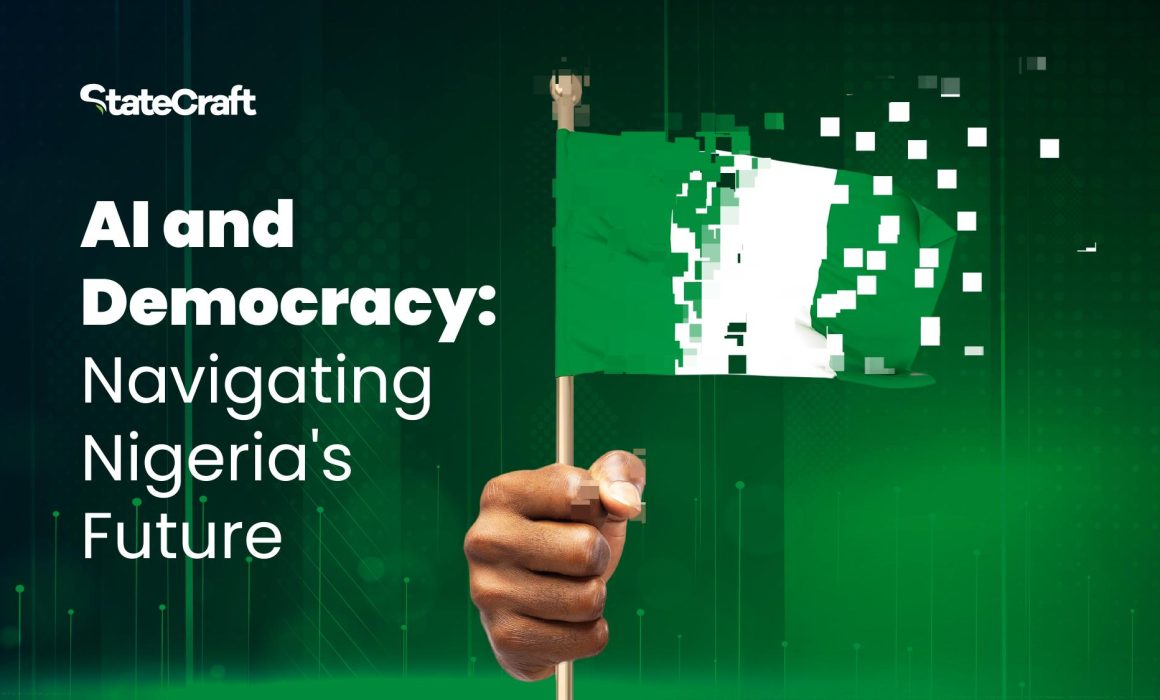AI and Democracy: Navigating Nigeria’s Future
In a world grappling with the implications of Artificial Intelligence (AI), Nigeria is positioning itself to become a global AI leader. Minister of Communications, Innovation, and Digital Economy, Dr. Bosun Tijani, emphasised the government’s commitment to AI during the Zenith Bank Tech Fair in Lagos, marking a pivotal shift in prioritising this transformative technology.
AI’s role in Nigeria extends beyond mere luxury, evolving into a necessity that streamlines complex processes and enhances global development. Acknowledging its significance, the government faces the challenge of integrating AI responsibly while ensuring ethical considerations and regulations are in place to prevent misuse.
Ways AI Can Foster Democratic Practices in Nigeria
- Fair Election Processes: Automating election procedures can address irregularities, instilling confidence in the electoral process. AI aids in voter education, identification, and secure collation of votes, fostering a more transparent and accepted democratic system.
- Security and Identification: AI centralises information for enhanced security, exemplified by automatic number plate identification cameras. Utilising AI to create a comprehensive database contributes to crime reduction, reinforcing public safety.
- Information Accessibility: AI integration into national archives facilitates automated recording and expedites information retrieval. This combats misinformation on a large scale, empowering an informed populace to make logical decisions while preserving Nigeria’s history.
Challenges and Regulatory Considerations
Despite its potential benefits, AI poses risks, particularly in terms of privacy and security. Opening the populace database for election processes may expose vulnerabilities to phishing attacks and electoral manipulation. The misuse of AI-generated content, such as deepfakes, threatens the integrity of elections and could incite unrest.
However, regulatory measures can mitigate these risks. Aligning technological advancements with legislative actions ensures a balanced approach, allowing Nigeria to harness AI’s potential without compromising democratic values.
Global Examples and Potential Impact
Internationally, countries like France, the U.S., and Australia have successfully utilised AI tools in governance. From identifying undeclared properties to monitoring disease outbreaks, AI enhances efficiency and informs policymaking. Nigeria can leverage similar applications to accelerate its democratic processes and thrive in the digital age.
In conclusion, as Nigeria embraces AI, policymakers must strike a delicate balance between innovation and regulation. AI’s potential to strengthen democratic values is vast, and with responsible integration, Nigeria can chart a course toward a future where advanced technologies serve the well-being and benefit of its citizens.


